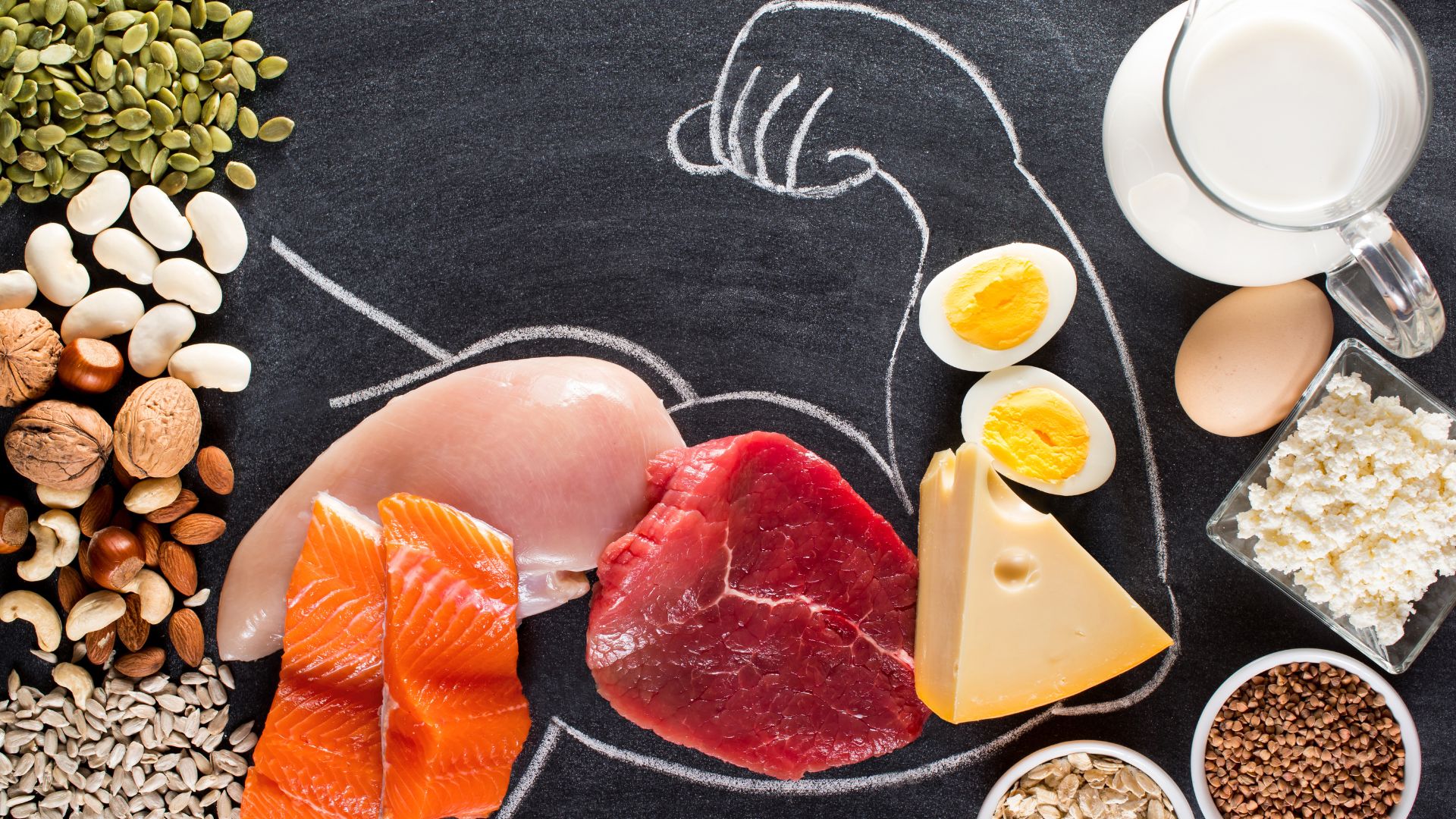The Scoop On Poop: How Your Diet Can Improve Your Digestion

Maintaining a healthy digestive system is essential for overall well-being, and a significant aspect of this is understanding the connection between our diet, bowel health, and stool consistency. The food we consume plays a huge role in our digestion, influencing everything from the ease of bowel movements to the texture of stools. Whether you’re dealing with the discomfort of hard stools or the urgency of loose ones, making informed dietary choices can be a powerful tool in promoting optimal bowel health and achieving a balanced stool consistency. By understanding how your diet affects your bowel health, you can embark on a journey toward more comfortable and regular bowel movements, enhancing your overall quality of life.
Relieving Hard Stools
Dealing with hard stools or feel like you haven’t necessarily had a ‘complete’ movement of stool, can be uncomfortable and disruptive to daily life. Fortunately, dietary adjustments can play a crucial role in promoting regular bowel movements and alleviating the discomfort associated with hard stools.
Hydration: The Foundation of Bowel Health
Staying well-hydrated is a fundamental step in preventing and addressing hard stools. Dehydration can lead to dry, hard stools that are difficult to pass. Drinking an adequate amount of water throughout the day helps soften the stool and supports a healthy bowel movement. Aim for at least 8 glasses of water daily and consider incorporating hydrating foods such as watermelon, cucumbers, and oranges into your diet.
Fibre for Bulk and Softness
Fibre is a key component in relieving constipation. Insoluble fibre promotes stool movement through the intestines, while soluble fibre absorbs water, softening stools for easier passage. Wholegrains (oats, barley, quinoa), fruits, vegetables, legumes, and nuts are excellent sources of fibre. Gradually increase your fibre intake to avoid bloating or gas, and remember to drink water alongside increased fibre consumption.
Prunes: Nature’s Laxative
Prunes are renowned for their natural laxative properties. They contain fibre and a type of carbohydrate that draws water into the intestines, aiding in bowel movements. Snack on prunes or include dried fruits like apricots in your diet for added benefits. However, moderation is key, as overconsumption can lead to excessive gas.
Probiotics and Fermented Foods
A healthy and balanced gut environment is vital for optimal digestion and regular bowel movements. Probiotics, found in yogurt, sauerkraut, and kimchi, encourage the growth of beneficial gut bacteria, which can help regulate bowel function. These foods contribute to a healthier digestive system and improved stool consistency.
Relieving Soft Stools
Dealing with very loose stools can be equally disruptive and uncomfortable. While it’s essential to consult a healthcare professional for persistent or severe cases of loose stools, certain dietary adjustments can help manage symptoms and promote intestinal health.
Bland and Binding Foods
Including foods that are easy on the stomach and can help firm up stools like bananas, rice, applesauce, and toast are recommended.
Stay Hydrated and Replenish Electrolytes
Chronic loose stools can lead to dehydration due to fluid loss. Drink clear fluids like water, clear broths, and oral rehydration solutions to stay hydrated. Coconut water and diluted sports drinks can help replenish lost nutrients.
Avoid High-Fat and Spicy Foods
Fatty and spicy foods can irritate the digestive tract and make loose stools worse. Avoid greasy foods, fried items, and overly spicy dishes until your digestive system improves.
Limit Caffeine
Caffeine can worsen loose stools in some individuals. Try temporarily reducing caffeine (e.g. coffee, black tea) consumption to improve gut distress.
Both hard and loose stools can significantly impact your daily life, but dietary adjustments can provide relief and promote better bowel health. Remember that individual responses to dietary changes can vary, so listen to your body and consult a healthcare professional for persistent symptoms or concerns.







